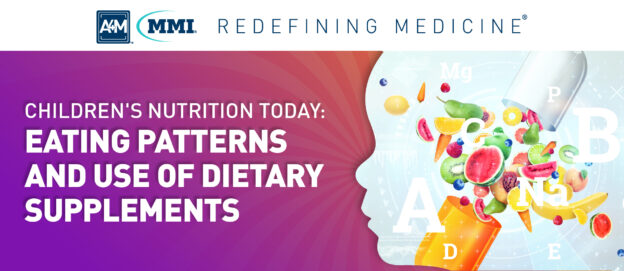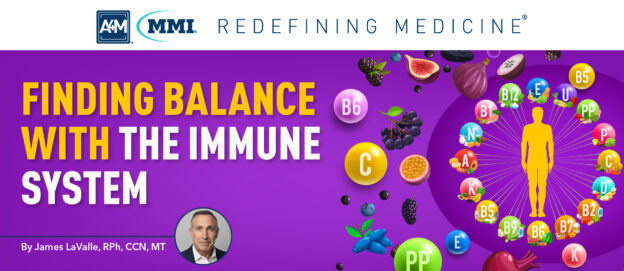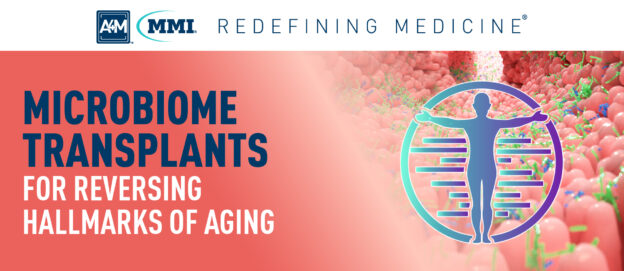Nutrition is a fundamental component of health, and establishing healthy eating habits early in life is critical to ensuring lifelong healthy dietary patterns. Throughout their childhood, pediatric patients develop their eating habits, food preferences, and other lifestyle factors that can determine the state of their physical and mental health and long-term outcomes.
Research has shown that children who eat nutrient-rich foods as part of a well-balanced diet have more energy, stronger immune systems, and fewer diseases than those with poor eating habits. Unfortunately, present statistics reveal that millions of children across the nation are not meeting their nutrient requirements, indicating an alarming negative trend in pediatric nutrition with severe future implications.



